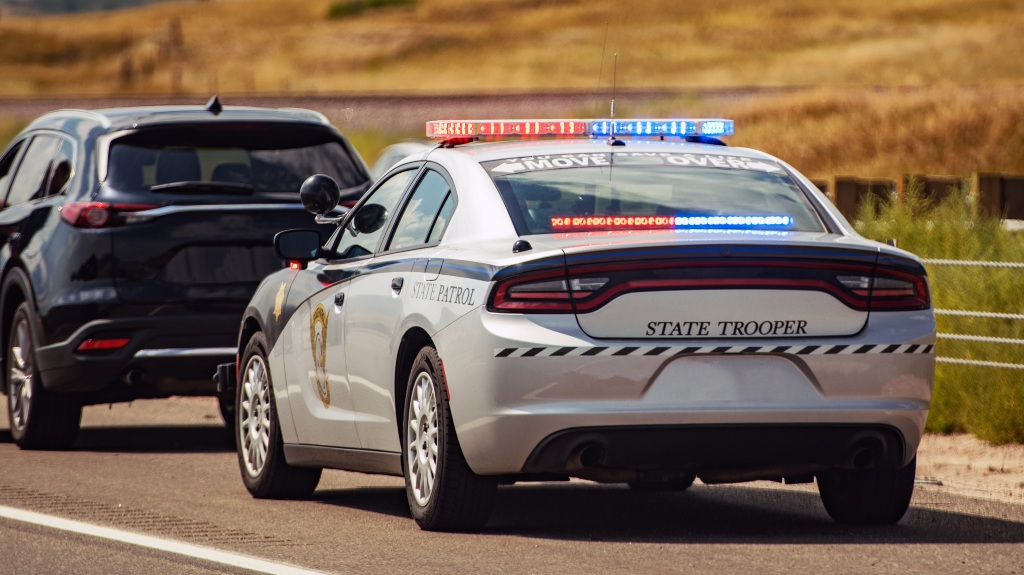The Difference Between Reckless Driving and Speeding in Kentucky

If you’ve been stopped for a traffic violation in Kentucky, you may ask yourself: Was I merely speeding, or is reckless driving a possibility? Although both offenses pertain to unsafe driving, the legal repercussions and Kentucky’s treatment of these violations differ significantly. Understanding the distinction between speeding and reckless driving can help you know what’s at stake and when it’s time to speak with an experienced traffic attorney.
Speeding in Kentucky: A Common but Serious Offense
In Kentucky, speeding ranks among the most prevalent traffic offenses. In straightforward terms, it refers to operating a vehicle at a velocity exceeding the designated speed limit or at an unsafe speed for current conditions. Kentucky law sets specific speed limits depending on the area. For example:
- 65–70 mph on interstate highways
- 55 mph on other highways
- 35 mph in business or residential districts (unless posted otherwise)
Speeding tickets generally result in fines, court costs, and points on your driving record. The number of points depends on how much you exceeded the speed limit. For example, driving 15 mph over the limit could result in three points on your license, while more severe speeding offenses may result in six points. Accumulating too many points can result in the suspension of your driving privileges.
While speeding is often considered a minor traffic offense, it can have bigger consequences. In some cases, especially when excessive speed endangers others, what starts as a speeding violation can escalate to reckless driving.
Reckless Driving: A More Serious Charge
Kentucky law defines reckless driving under KRS § 189.290 as operating a vehicle “in such a manner as to indicate a willful or wanton disregard for the safety of persons or property.” In other words, reckless driving isn’t just about going over the speed limit. It’s about how you’re driving.
Examples of reckless driving might include:
- Weaving in and out of traffic at high speeds
- Excessively speeding while tailgating other vehicles
- Ignoring traffic signals or stop signs while speeding
- Racing other vehicles on public roads
Unlike a simple speeding ticket, reckless driving is a criminal offense. A first conviction can result in fines between $20 and $100 and/or up to 90 days in jail. While jail time is rare for a first offense, the charge can still create a criminal record that affects your insurance rates, employment, and more. A subsequent conviction for reckless driving can carry higher penalties, including mandatory license suspension.

How Are the Two Offenses Different?
The primary distinction between speeding and reckless driving lies in the intent and the degree of danger posed to others. Speeding involves exceeding posted speed limits or driving too fast for the prevailing road conditions. Reckless driving, on the other hand, involves behavior that shows a conscious disregard for safety. You can think of reckless driving as involving aggravating factors beyond speed, such as aggressive maneuvers, endangering others, or combining speed with other dangerous conduct.
Additionally, an officer has discretion in determining whether a driver’s actions constitute reckless driving. For example, driving 10 mph over the limit in good weather on an open highway might result in a speeding ticket. But driving 20 mph over the limit while swerving through traffic on a crowded street could lead to a reckless driving charge.
Talk to a Kentucky Traffic Lawyer Today
At Hoffman Walker & Knauf, we understand that a traffic charge can have lasting consequences. If you’ve been cited for reckless driving or speeding, contact us for a consultation. Our team can help protect your rights, explore your options, and work toward the best possible outcome.

